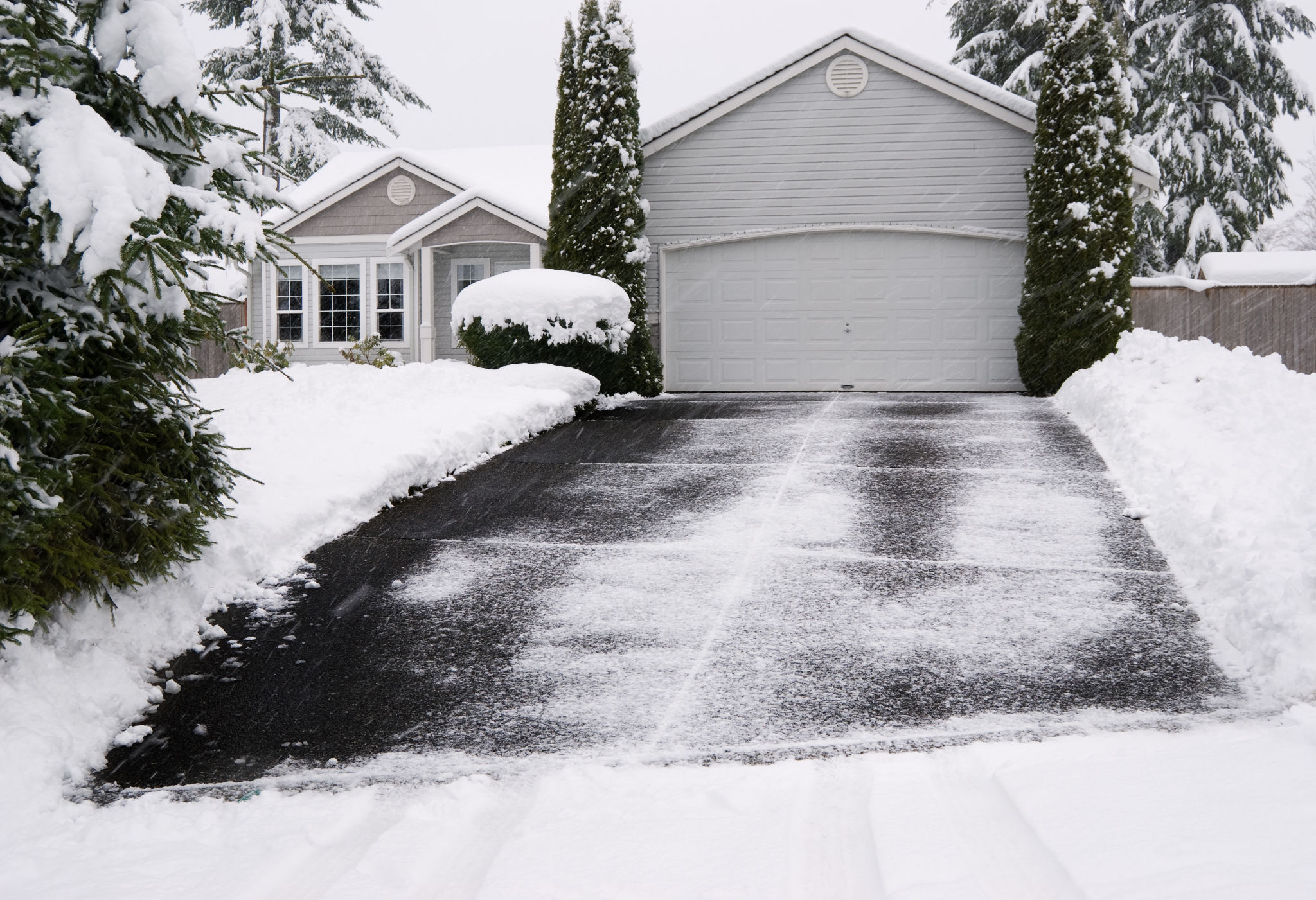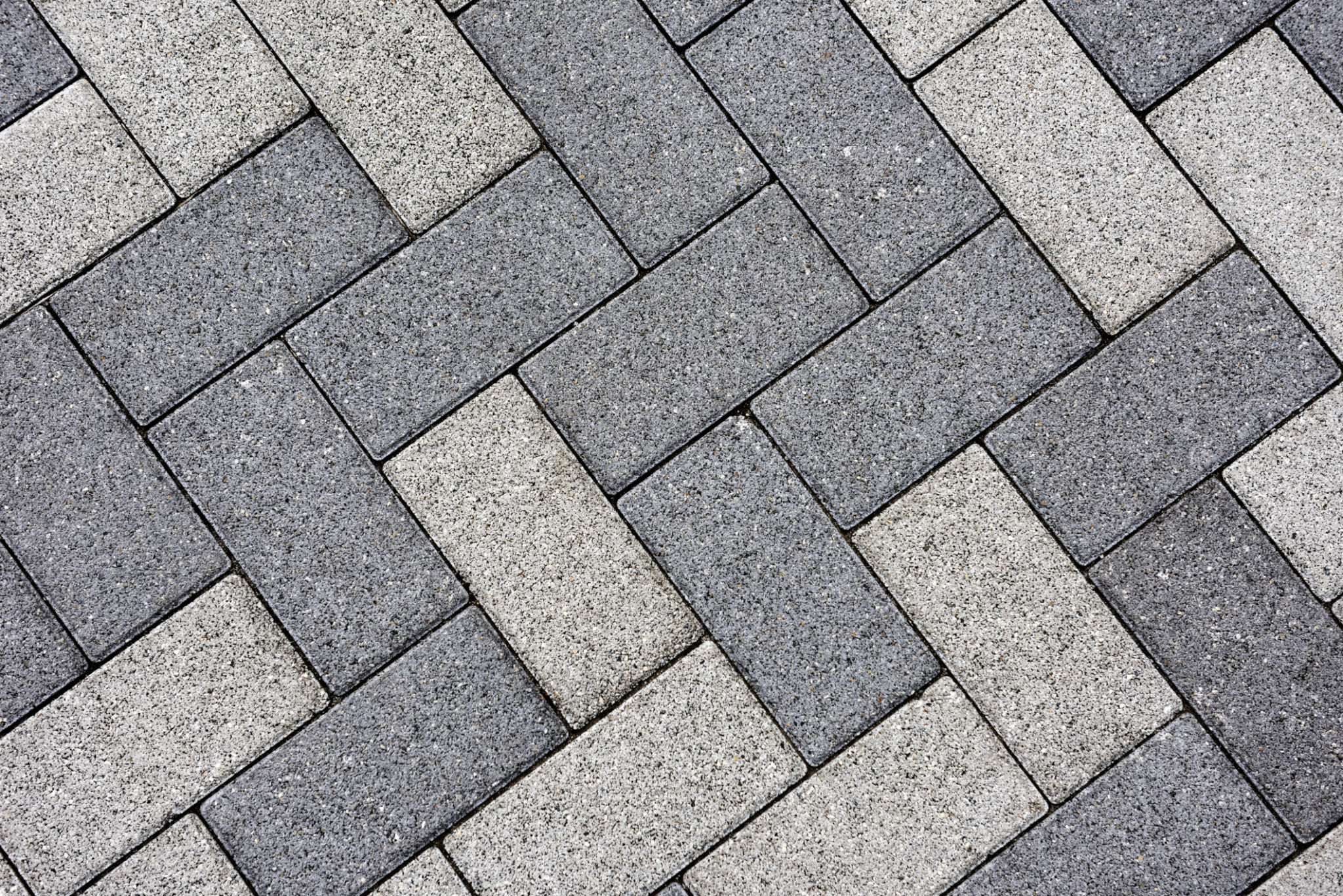Comparing Concrete vs. Asphalt: Which is Best for Your Aspen Home?
Introduction to Driveway Materials
When it comes to choosing the right material for your driveway in Aspen, Colorado, the two most popular options are concrete and asphalt. Both materials have their own set of advantages and disadvantages, depending on your specific needs and preferences. In this article, we'll explore the characteristics of each material to help you make an informed decision for your home.

Durability and Longevity
One of the most significant factors to consider when choosing a driveway material is durability. Concrete driveways are known for their long-lasting nature, often lasting 30 years or more with minimal maintenance. The material is resistant to weathering, cracking, and erosion, making it a popular choice in areas with harsh climates.
On the other hand, asphalt driveways tend to have a shorter lifespan, typically lasting 15 to 20 years. However, they can be easily repaired and resurfaced, which can extend their usability. Asphalt is also known for its flexibility, which makes it less prone to cracking under pressure.
Cost Considerations
The cost of installation is another crucial factor homeowners must consider. Generally, asphalt is more affordable than concrete. The initial cost of installing an asphalt driveway is usually lower, making it an attractive option for budget-conscious homeowners. However, it's important to factor in the costs of regular maintenance and potential repairs over time.

Concrete driveways, while more expensive upfront, offer a better return on investment due to their extended lifespan and minimal maintenance needs. This can be especially beneficial in the long run if you plan to stay in your home for many years.
Climate Impact
The climate in Aspen can significantly impact the performance of driveway materials. Concrete driveways are well-suited for colder climates as they resist the freeze-thaw cycle that can cause damage. However, they may require sealing to prevent surface damage from de-icing chemicals.
Asphalt driveways, being black, absorb more heat from the sun, which can be beneficial in melting snow quickly. However, they may become softer in the summer months, leading to rutting and other surface deformations.

Maintenance Requirements
Both concrete and asphalt driveways require maintenance to ensure their longevity and appearance. Concrete driveways generally require less frequent maintenance, but they should be sealed every few years to protect against stains and surface damage.
Asphalt driveways, on the other hand, require regular sealing every 2-3 years to maintain their integrity and appearance. Additionally, any cracks should be filled promptly to prevent further damage.
Aesthetic Appeal
Aesthetics are often a significant consideration for homeowners looking to enhance their property's curb appeal. Concrete driveways offer a wide range of design options, including various colors and stamped patterns that can mimic the look of natural stone or bricks.

Asphalt driveways typically have a uniform black color, which some homeowners find appealing for its sleek appearance. However, customization options are limited compared to concrete.
Conclusion: Making the Right Choice
Ultimately, the decision between concrete and asphalt for your Aspen home's driveway depends on a combination of factors including durability, cost, climate suitability, maintenance needs, and aesthetic preferences. By carefully considering these aspects, you can choose the material that best meets your needs and enhances your home's value and appearance.